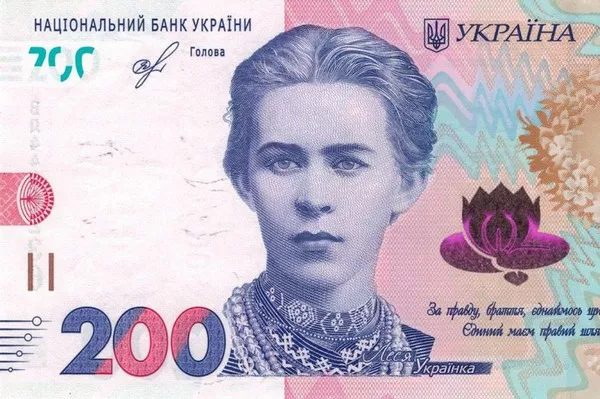EUR/GBP bears remained in control for a fourth straight day despite mixed UK inflation data. Nonetheless, during the European morning on Wednesday, the pair hit a two-week low set the previous day around 0.8575. Notably, the pair initially fell to 0.8574 on the back of UK price pressure data before recovering to 0.8584. Its recent volatility may be related to the uncertain consumer price index (CPI) and mixed news from the UK.
Nonetheless, UK CPI slipped to 6.8% YoY and -0.4% MoM from 7.9% YoY and -0.1% MoM respectively in July, but core CPI was still at 6.9% YoY in July.
Not only are UK inflation cues mixed, political worries surrounding the UK, especially after the ruling Conservative Party’s disappointing performance in a by-election, are also challenging the pound.
In addition, recent improvements in Eurozone and German statistics, as well as fading recession fears, also provided support for EUR/GBP prices. On Tuesday, Germany’s ZEW economic sentiment index rose to -12.3 in August from -14.4 expected and -14.7 in the previous reading, but the current conditions index fell to -71.3 from -59.5 in the previous reading and -63.0 in the consensus forecast. Even so, the Eurozone ZEW Economic Sentiment Index also rebounded to -5.5 from analysts’ forecast of -12.0 and the previous reading of -12.2. Not just the data, but the ZEW Institute’s official statement also looked upbeat, saying: “Respondents generally do not expect further interest rate hikes in the Eurozone and the US, and the US economic outlook has also improved significantly – all factors Help improve expectations for Germany.”
However, the European Central Bank (ECB) hawks seem to be running out of steam, while the Bank of England (BOE) is on the verge of further rate hikes, which could keep EUR/GBP bears hopeful given the strong jobs report and upbeat wages . According to the latest UK employment report released the previous day, the UK’s overall employment change in June was -66,000, compared with expectations for 75,000 and the previous value of 102,000. What’s more, average earnings (both included and excluding bonuses) rose sharply in the three months to June, boosting hawkish expectations from the Bank of England (BOE), which in turn appeared to boost the pound after the data.
Next, a slew of secondary economic data from the euro zone, including the second reading of euro zone second-quarter (Q2) gross domestic product (GDP) and July industrial production, will be important to watch for a clear direction.


